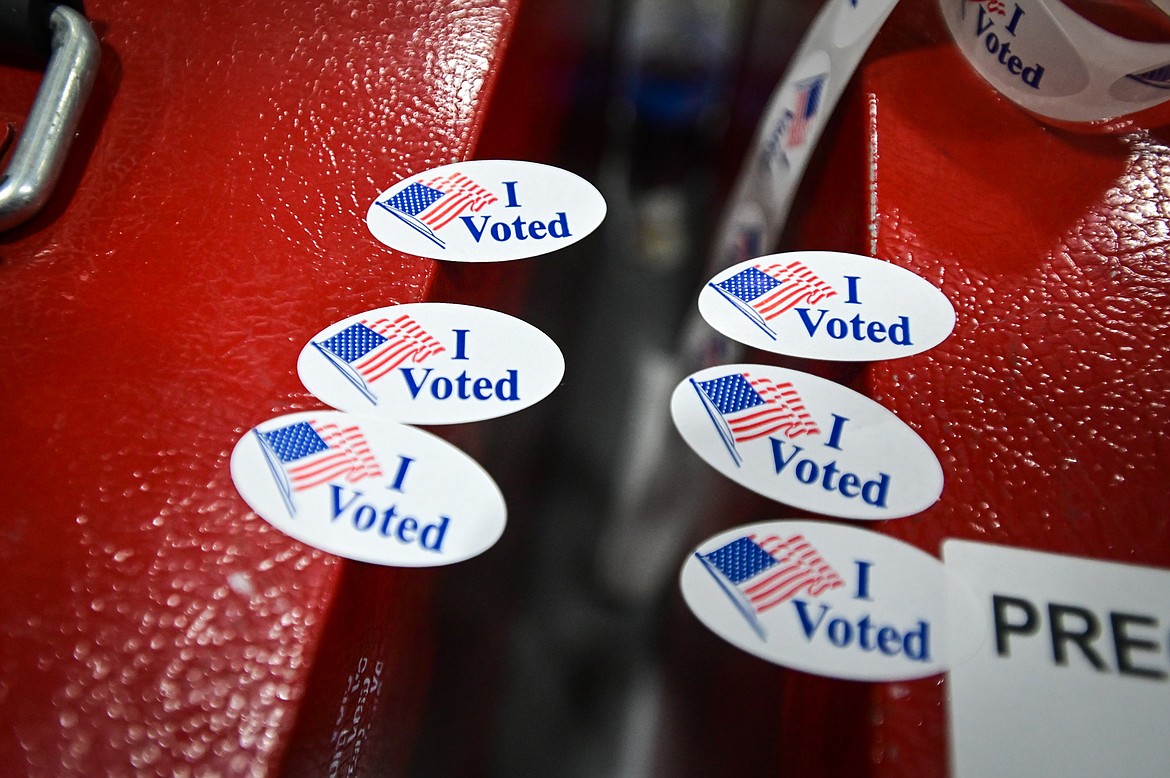Last-minute election law changes and scattered ballot errors punctuate an otherwise smooth, slow primary election in Montana
Some of Montana’s most anticipated 2022 primary races have already been called, but in Lincoln County, the counting continues.
According to a public statement emailed by clerk and recorder Robin Benson, a physical error on the county’s absentee ballots necessitated a hand-count of every single primary ballot cast in the county...
Support Local News
You have read all of your free articles this month. Select a plan below to start your subscription today.
Already a subscriber? Login
Daily Inter Lake - everything
Print delivery, e-edition and unlimited website access
- $26.24 per month
Daily Inter Lake - unlimited website access
- $9.95 per month

